RCA Theatre Company
Altar
What do you hope students and teachers in NL takeaway from the show?
SANTIAGO: That queer, immigrant, brown people like me are a part of the makeup of Newfoundland and Labrador’s society.
MEGHAN: That anger and betrayal can manifest in ways that continue to hurt us, and that this hurt can cause us to lash out at those who don’t deserve it. There’s a trickle-down effect.
RYAN: I hope people see this as a Newfoundland story. As someone who had never been to Newfoundland I learned not only about the tropes of Newfoundlanders, but also share inside jokes with them, all while witnessing a gay Mexican student find his new home.
AZAL: I hope they find and connect with the deeply human themes of the show that are projected through an experience that is not often represented in media and arts, especially in NL.
What aspects of the play are you most excited about interpreting for the stage?
SANTIAGO: I am excited to share the magic of this story! Especially the party scene- it has always been my favourite to perform (live and in front of the camera).
MEGHAN: There’s a lot of pain in ALTAR, but there are so many fun, lighter moments that still make me laugh. (And I’ve seen this show MANY times!)
RYAN: I am very excited for everyone to see a narrative that is not often told in such an honest and genuine way.
AZAL: I think the beautiful and engaging way through which cultural exchange unfolds on stage – for the character and the story – is something many more communities in NL should witness.
What does it mean to you that this play is going to be seen by young people in NL?
SANTIAGO: It means that people like me who historically haven’t seen themselves in local theatre and film productions get to take some space and pride in our identities. I also hope they can relate to Eugenio and his journey as he figures this thing out called… love.
MEGHAN: As a queer person who grew up in this province, I didn’t have many role models or stories in which I could see my own identity depicted. ALTAR is the kind of story I wish I’d seen when I was still in school.
RYAN: This play gives an opportunity for students see a narrative that is not necessarily ‘mainstream’ on our stages and screens, and hopefully connect with Eugenio as he wades through the complex feelings that arise during ALTAR!
AZAL: It fills me with joy and confidence that the students and young people of this province get to have a show like this be part of their development years. The generation before them barely would have had the opportunity for a similar experience.
What does community mean to you?
SANTIAGO: Community means everything to me. My work as an artist is rooted in it: I care to foster, celebrate, and advance it. I tend to define “community” as a group of like-minded people with whom I feel I share something in common. I identify as a queer, brown, immigrant artist, and I feel a deep connection to those, like me, who have been historically oppressed/silenced in society.
MEGHAN: I think community is often at the heart of my arts practice; I’m constantly exploring themes of isolation, solitude, and loneliness, and it’s because what I’m searching for, always, is community. There’s a book of poetry by Adrienne Rich that I love called The Dream of a Common Language, and that title kind of sums up this thing I long for: a figurative common language (and I don’t mean the literal spoken kind), a sense that we recognize ourselves and our own experiences and perspectives in each other.
RYAN: A community is a group of people who support each other in whatever way they can. It’s a chance for people to gain and share knowledge, experiences, art, food, and culture. A community should be filled with love, generosity, and empathy.
AZAL: Community is what we all seek at the end of the day. For me, it’s a safe space for an individual to exist in solitude as well as in conjunction with others, where everyone has the ability and time to share sorrow, love, and joy with each other. A place you can go back to when or if you stray off the path a little.
